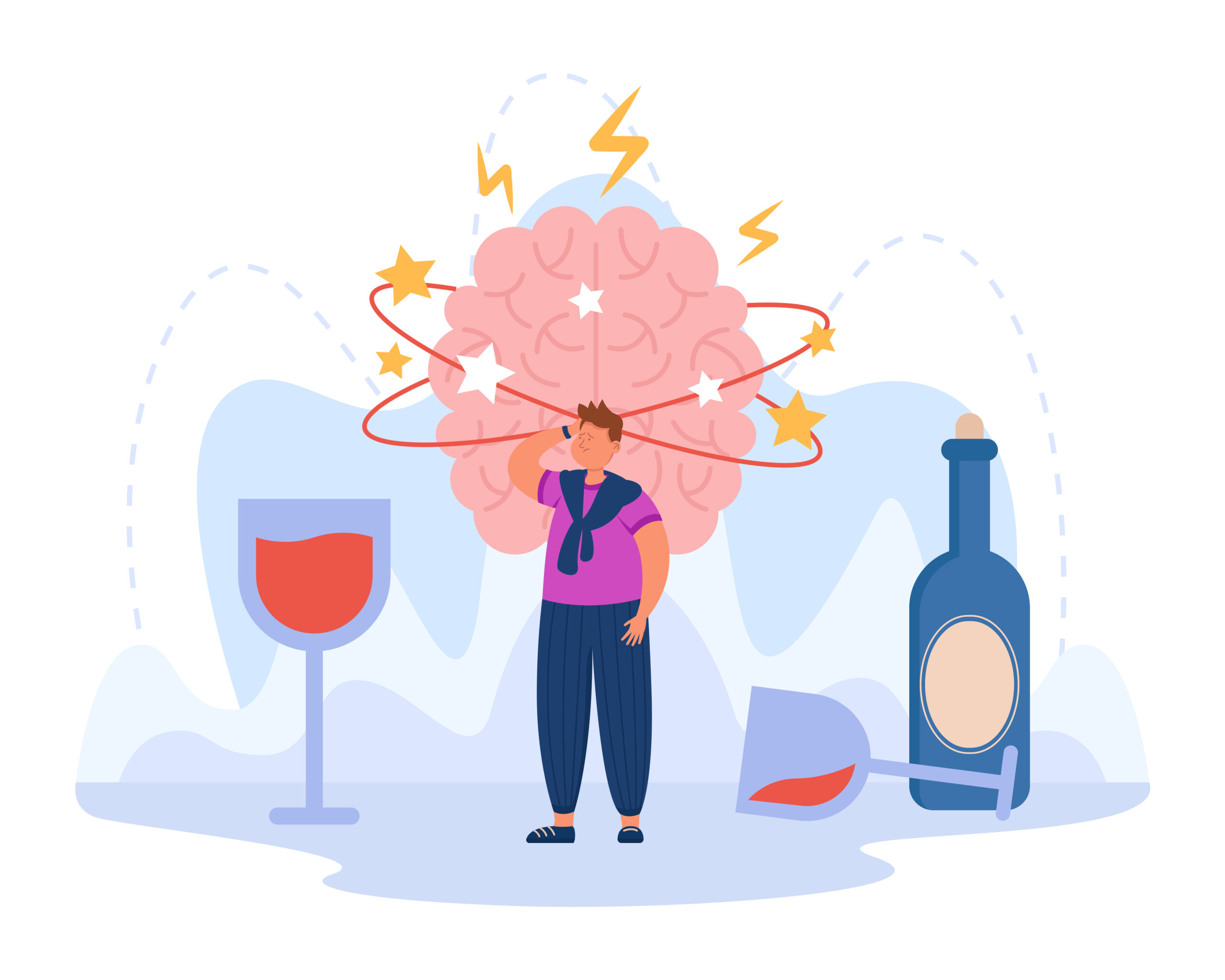Relationship and Alcohol Research Study
Researchers at the Medical University of South Carolina are conducting a study to understand the interactions between alcohol and conflict in romantic relationships.

Fast Facts

Participant and Romantic Partner Both Drink

Ages 21+

Compensation Provided

Conducted in Charleston, SC
Study Background
This study investigates the roles that casual alcohol use and physical conflict have in romantic relationships.
The purpose of this research study is to examine the interaction between alcohol and aggression among couples experiencing intimate partner violence (IPV), including in couples experiencing post-traumatic stress disorder. We will be examining couples’ communication skills and behaviors, as well as alcohol craving and aggression.
Participation will involve an in-person visit to our laboratory with your partner, as well as a virtual visit and online surveys.
Join our study to help us learn more about social drinking, relationship conflict, and physical violence.

Study Background
This study investigates the roles that casual alcohol use and physical conflict have in romantic relationships.

The purpose of this research study is to examine the interaction between alcohol and aggression among couples experiencing intimate partner violence (IPV), including in couples experiencing post-traumatic stress disorder. We will be examining couples’ communication skills and behaviors, as well as alcohol craving and aggression.
Participation will involve an in-person visit to our laboratory with your partner, as well as a virtual visit and online surveys.
Join our study to help us learn more about social drinking, relationship conflict, and physical violence.

Additional Information
The purpose of this research study is to examine the interaction between alcohol and aggression among couples experiencing intimate partner violence (IPV).
You and your partner may qualify for a study if you both meet the following criteria:
Inclusion Criteria:
- 21 years and older
- Drink alcohol at least twice a month
- Not currently using smoking cessation medications or e-cigarettes
- Experiencing violence in your relationship
- Weigh less than 255 lbs
Exclusion Criteria:
- Cannot be currently pregnant or breastfeeding
- Experiencing psychosis or bipolar disorder
- Serious cardiovascular disease
- Screening Visit (virtual or in person)
- The first visit includes screening for study eligibility and will take approximately 1.5 hours. During that time, you will be asked to answer some questions about yourself such as your age, health, relationship with your partner, and your use of alcohol and drugs to determine if you are eligible to participate.
- Complete pregnancy test, breathalyzer test, interviews and surveys on overall health, relationship status, conflict in relationship, alcohol use.
- Lab visit (in person with partner) – 2-3 hours
- Breathalyzer, urine pregnancy test, urine drug screen
- appointment prior to 11AM, fasting required
- alcohol administration: You will then complete a standard alcohol self-administration session, where you will consume two alcoholic drinks of 95% ethanol USP mixed in a 1:5 ratio with orange juice. The purpose of this is to create a blood alcohol level (BAC) of 0.08% – 0.12% within 20-40 minutes of drinking.
- reaction shock test (computer game against partner) You will begin the lab test where you will play a reaction time game against your partner on a computer. You will be asked to respond as quickly as possible to cues that come up on the computer. The computer will tell you whether you or your partner won each trial. The partner who wins will have the option to administer light shocks to the other following cues from the computer. The reaction game will consist of 34 trials or rounds lasting 18-20 minutes in total.
- Lunch is provided
- Daily surveys (virtual, from smart phone)
- Over the next 28 days you will be asked to use an app and complete ‘daily diary’ surveys on your smartphone.
- Four daily surveys will be requested via text message and will take 2-3 minutes each
Participants in the study can earn $292 per person.
There is no cost for you to participate in our research study.
